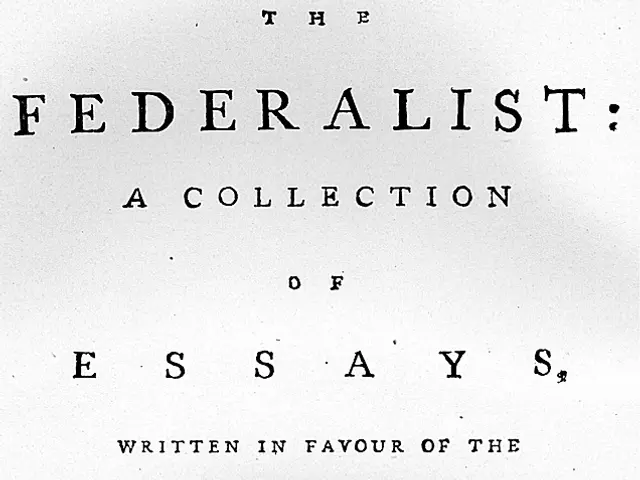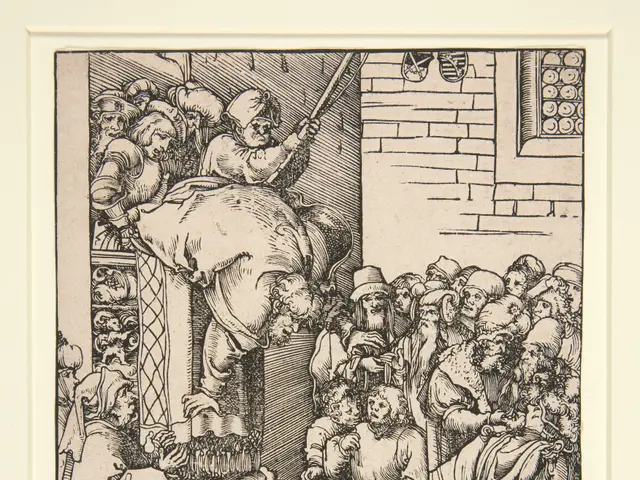How noise bias could revolutionize variational quantum algorithms
A groundbreaking study from the Technical University of Munich challenges conventional wisdom in variational quantum algorithms (VQAs). The research, published on arXiv, suggests that instead of eliminating noise, preserving certain biases can enhance performance. The study, authored by Matthias C. Caro, Elies Gil-Fuster, and Ryan Sweke, introduces a novel approach to noise in VQAs. Traditionally, noise is seen as a hindrance, with strategies aiming to eliminate it. However, the researchers found that preserving biased or non-unital noise can assist classical optimizers in finding superior solutions. Contrary to established techniques like twirling, which symmetrizes noise and degrades performance, biased noise introduces directional cues that aid optimization. By navigating the parameter space more effectively, VQAs can achieve improved results. This challenges the conventional approach of mitigating noise and opens up new avenues for practical quantum computation, particularly in optimization and machine learning. The study, titled 'Exploiting biased noise in variational quantum models', offers a fresh perspective on noise in VQAs. Instead of eliminating it, the researchers propose harnessing certain biases to enhance performance. This novel approach could significantly impact the field of variational quantum algorithms and practical quantum computation.







